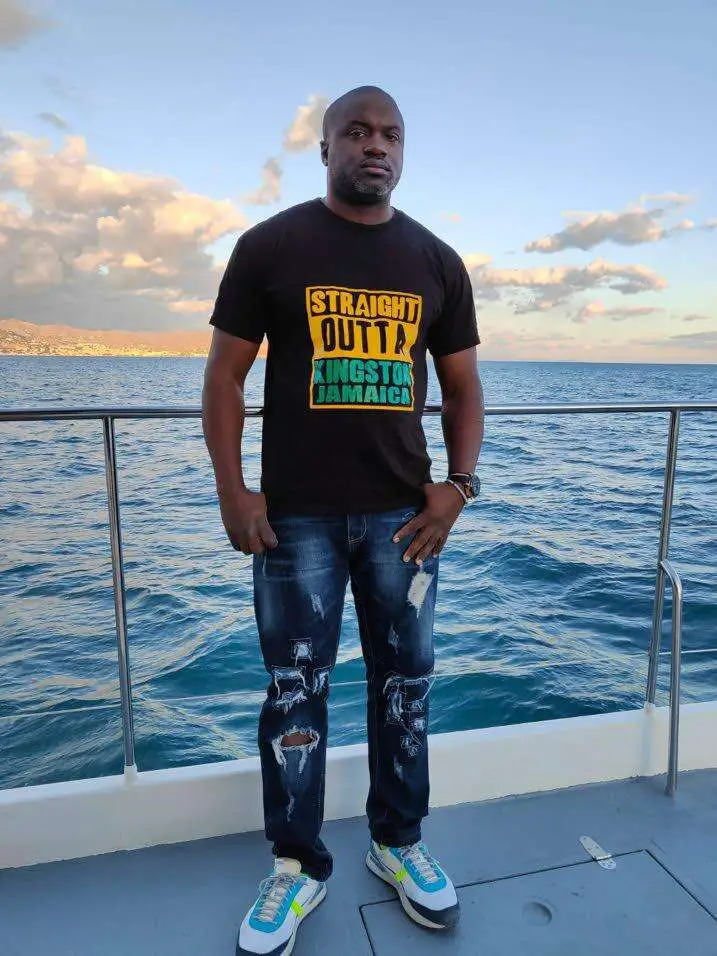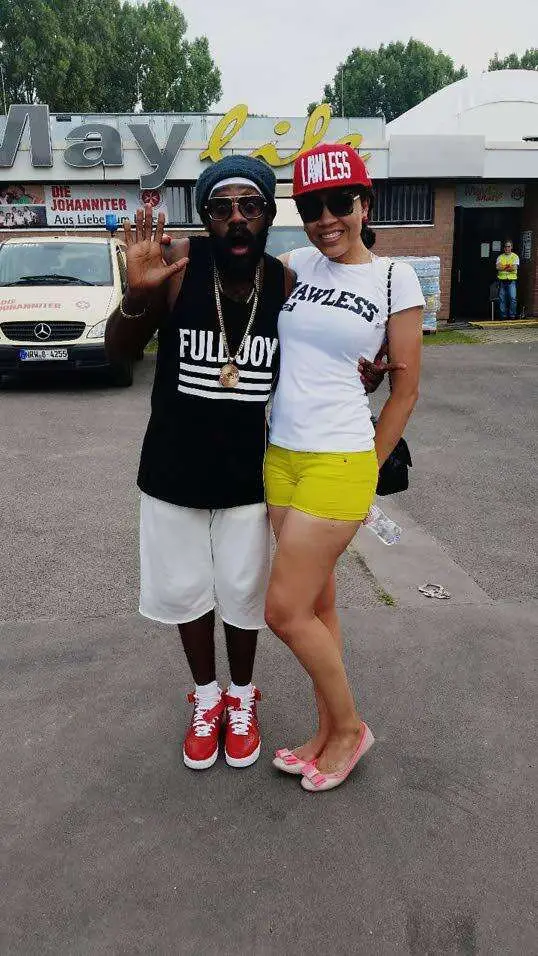
‘More focus needed on Europe’
FOR reggae and dancehall acts to find a foothold in Europe, former music executive Lester Gayle believes the record label has to set that foundation.
“What is needed is a stable base here so that the new music and the new artistes can be pushed more. For example, back in the day when you had an England-based independent label like Greensleeves Records, they controlled Europe. So they pushed their artistes and had a lot of clout in breaking them into the European countries,” Gayle told the Jamaica Observer.
“The artiste managers need to devise ways to market and promote the artistes outside of the United States. Europe has the most festivals,” he continued.
He has more than 30 years of experience in the entertainment business and is a former promotions coordinator for producer Dave Kelly and Shaggy. He has also done road management for Tanya Stephens and has managed acts such as One Third, RDX, and singer Peter Lloyd.
Gayle — who hails from Denham Town in West Kingston — has resided in Rotterdam, Netherlands for the past seven years.
“Koffee is big here, so too Sean Paul, Shaggy, Popcaan, and Kranium whose songs play a lot here on mainstream radio and in the clubs. Vybz Kartel also has a large following. Spice is popular, but her songs are not being heard on the radio,” said Gayle.
“Thanks to the Spotify playlists and the mixtapes, music lovers are being introduced to some of the newer acts but not in the mainstream,” he continued.
Gayle says the popularity of Afrobeats has affected the music coming out of Jamaica.
“I went to a Burna Boy concert recently and what he does is straight reggae. His show was a show and Afrobeats artistes like him are getting the push because there is marketing and promotion behind him. The Jamaican dancehall and reggae artistes need to invest inna dem ting. Some of them are not disciplined nor professional enough,” he said.
“Right now in Germany, Netherlands, France, and even in Poland, there are thriving reggae scenes. They are pushing their own reggae bands and they all tour a lot in Europe. Afrobeats is structured and Jamaica has fallen off in terms of presentation. I don’t think the two-year lockdown caused by the pandemic has taught reggae or dancehall anything. Where are the pandemic songs, the songs about people and what they have gone through? People have lost their lives during the pandemic, what are the teaching moments from the pandemic? Wi a joke with reggae and we need to fully focus pon creating the reggae product back in Jamaica. We should be having major festivals in every parish. Afrobeats songs are well-produced and their artistes are sticking to the core of reggae,” he continued.
Kizzie Perry — a music insider and businesswoman who resides in Munich, Germany — says the older music from Jamaican artistes continued to have prominence on mainstream radio and in the clubs in her country.
Originally from Portland, Perry has resided in Germany for the past 17 years.
“Some songs get played no matter how old they are and they get big forward. Songs like No Games by Serani and Hot Like We by Ce’Cile are still big songs and they play in every party and on the mainstream radio stations. I’ve never been to a party and those songs don’t play even up to this day,” said Perry.
She agrees that Afrobeats has tapped into the market previously controlled by reggae and dancehall artistes.
“I see the festivals promoting and what is interesting though, Dream Weekend is coming to Malta in September. Right now, Afro Nation is the fastest-rising festival in Europe and at that event, you get a proper performance from the artistes,” she said.
She said that one of Germany’s biggest reggae festivals Summerjam, which is scheduled for July 1-3, has several Jamaican acts on its lineup.
“There is Sean Paul, Shaggy, Ziggy Marley, Julian Marley, Spice, Christopher Martin, Max Romeo, Serani, Lila Ike, Third World, Bay-C and Brushy One String billed to perform. But most of the line-up has non-Jamaican acts,” said Perry.


























